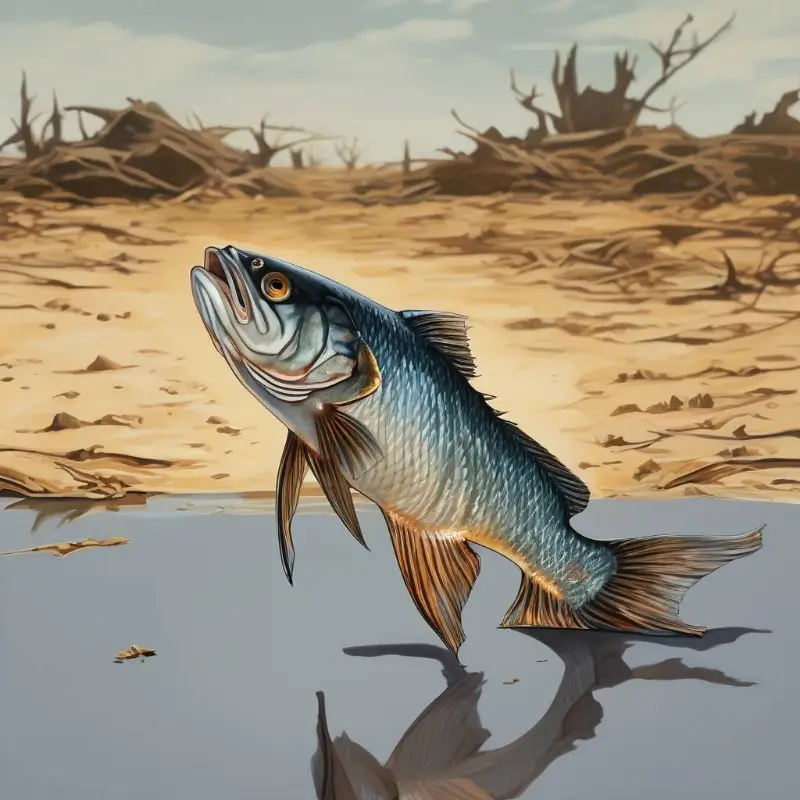why do fish die out of water?
Fish die out of water because they are aquatic animals that have adapted to live and breathe in an underwater environment. Their bodies are structured to extract oxygen from water through a process that involves their gills. Gills are specialized organs that extract dissolved oxygen from water as it passes over them, allowing the fish to breathe.Here are the main reasons:
- Breathing: Fish extract oxygen from water through their gills. Gills are highly specialized organs that allow dissolved oxygen from water to enter their bloodstream. Without water, gills cannot function as they rely on water flowing over them to facilitate gas exchange. In air, the gills quickly dry out, and the fish suffocates due to the inability to extract oxygen.
- Physiological Imbalance: Fish are adapted to osmoregulate in a water-based environment. Out of water, they can’t maintain the proper balance of water and electrolytes in their bodies. This leads to dehydration and the collapse of cellular structures.
- Pressure and Support: Water provides buoyancy and support for fish. Without it, their bodies must bear their own weight, which can lead to physical stress, particularly for larger fish, and can compromise their internal organs.
- Skin Health: The mucus layer on a fish’s skin helps protect against infection and parasites. Out of water, this layer dries out quickly, leaving the fish vulnerable to infections and injuries.
- Sensitivity to Temperature and Environment: Fish are sensitive to changes in temperature and environmental conditions. Direct exposure to air can cause rapid overheating or cooling, depending on the ambient temperature, which can lead to organ failure and death.
It’s important to note that some fish species, like mudskippers and lungfish, have adaptations that allow them to breathe air for short periods. They can extract oxygen from the atmosphere using their swim bladders or specialized lungs. However, even these fish can only survive out of water for short periods and eventually need to return to water to survive.



